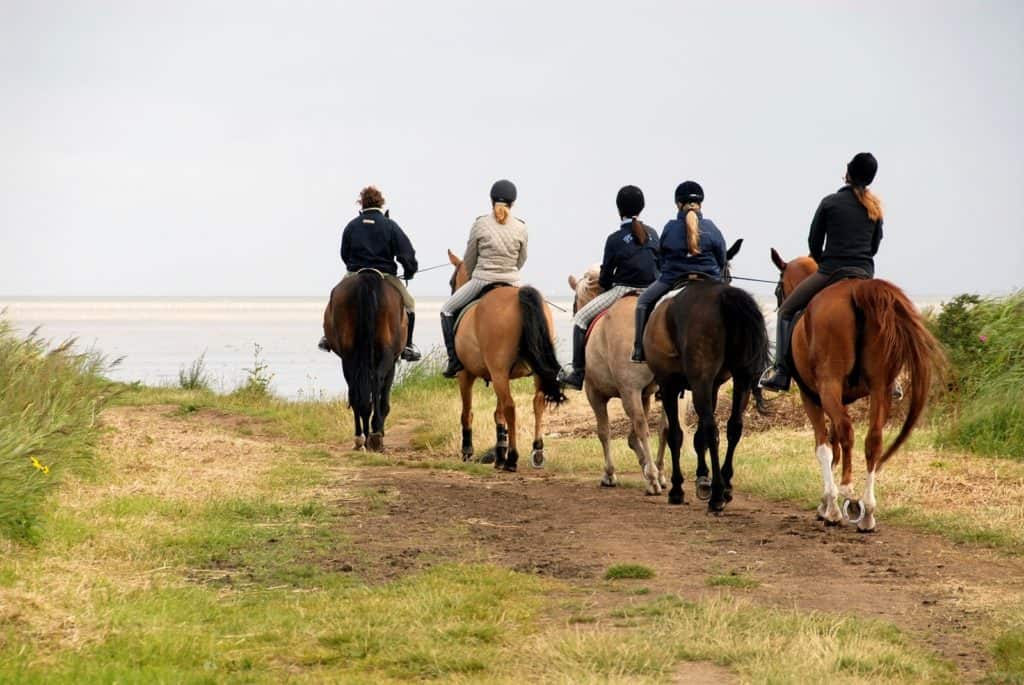
Are Trail Horses at Risk for EHV?
Outbreaks occur at horse shows and racetracks. But are trail horses susceptible? Dr. Stephen Reed responds.

Outbreaks occur at horse shows and racetracks. But are trail horses susceptible? Dr. Stephen Reed responds.
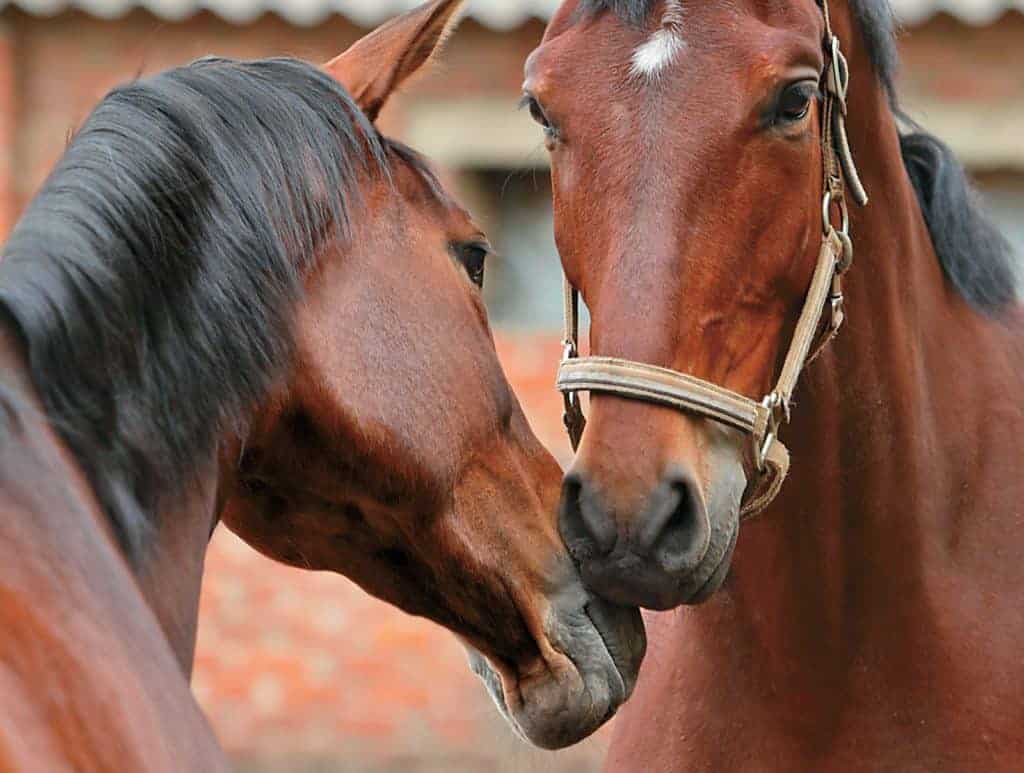
Now what? Internal medicine specialist Dr. Stephen Reed offers advice.
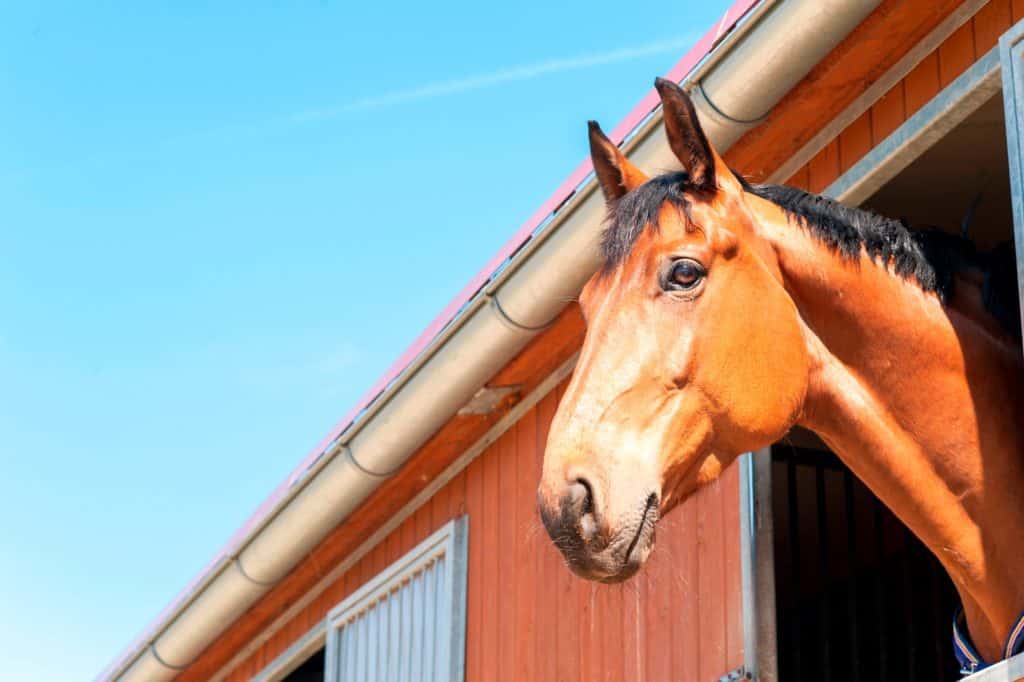
Dr. Stephen Reed responds to whether or not horses can have EHV and spread the disease but not get sick themselves.

Dr. Stephen Reed shares the clinical signs a horse infected with equine herpesvirus might exhibit.
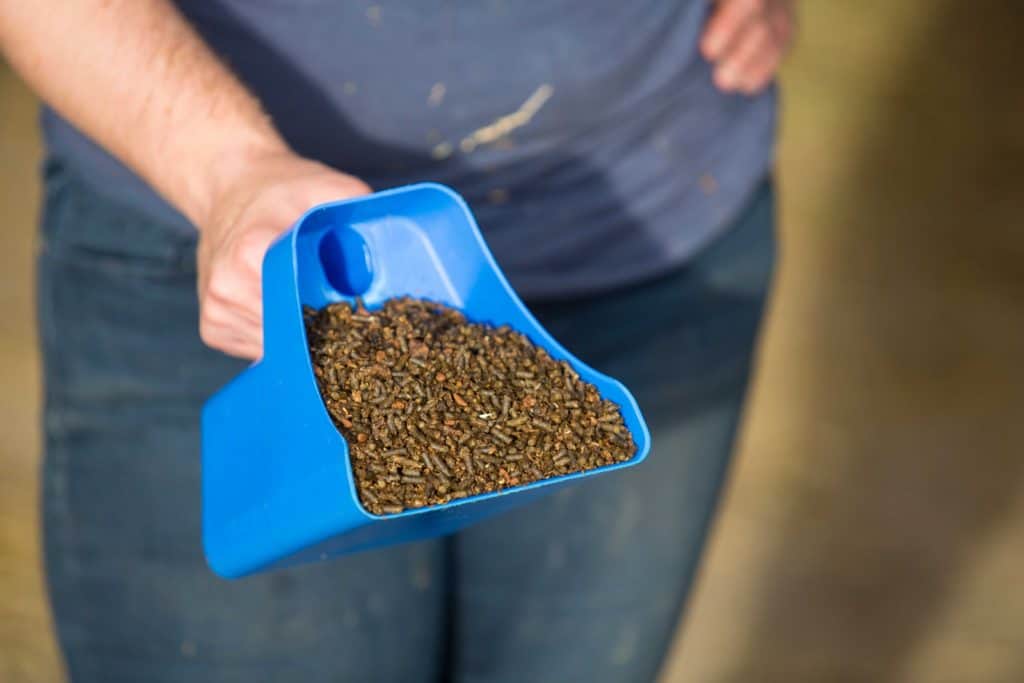
Take a look at feeds and pelleted forages commonly found in the equine diet.

Readers prepared to “spring” into action during The Horse’s Countdown to Spring Challenge. Check out our top tips to get your horses and farm ready too!

With EHV cases reported from California to Kentucky already in 2017, get information you need to protect your horse.

Jacqueline Smith, PhD, explains how geographic information systems can help monitor and even predict disease outbreaks.

EOTRH is a mouthful to say but leaves horses without a mouth full of teeth. Dr. Lynn Caldwell explains.

Dr. Lynn Caldwell shares information about dental issues horses face as they age.

Readers recently shared photos and stories of special horses in their lives.
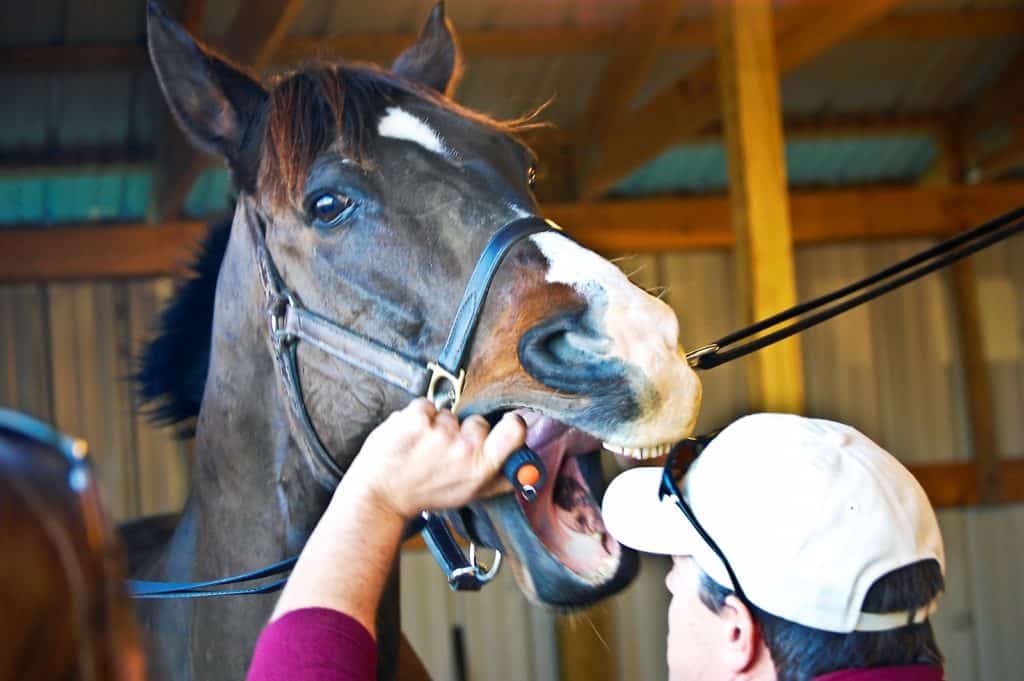
Is your horse up-to-date on his dental care? Learn about equine dental disease, proper oral care for horses, and behavior issues caused by tooth problems.
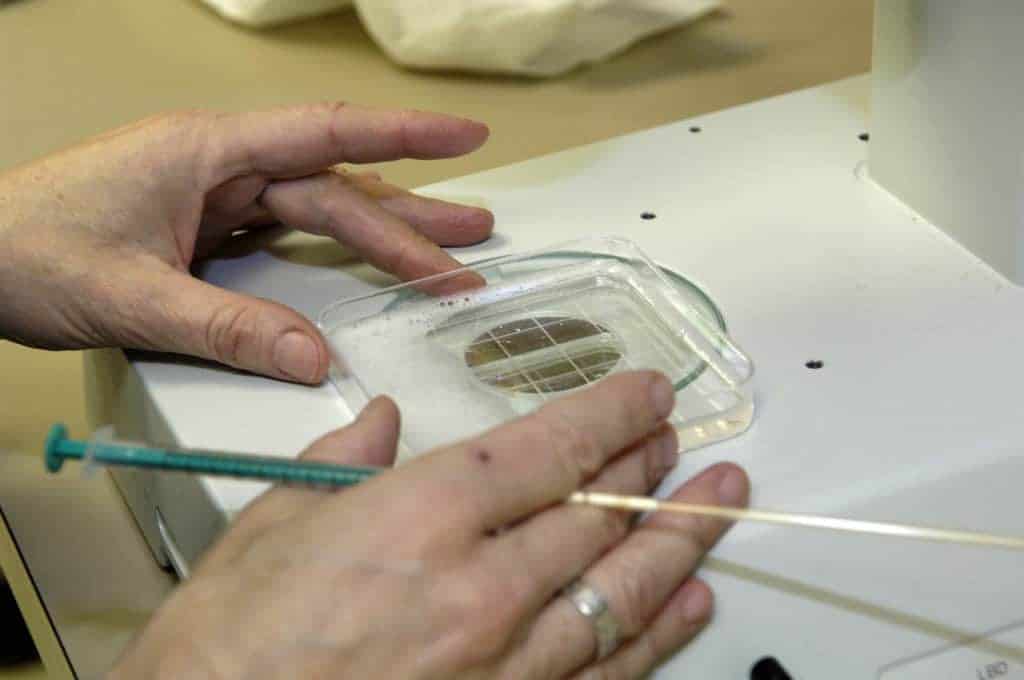
Learn about the steps involved in embryo transfer from CSU’s Dr. Ryan Ferris.

Do you want to know if your broodmare carries a serious genetic disease? Are you curious about your horse’s color? Or do you need to confirm parentage on a horse? Learn about equine genetic testing available from the University of Kentucky.

Artificial light exposure can bring a mare into estrus earlier in the season. Dr. Ryan Ferris of CSU explains.

Dr. Dave Scofield of Select Breeders Services shares insight into breeding older mares for the first time.
Stay on top of the most recent Horse Health news with
"*" indicates required fields